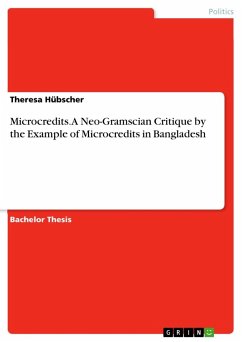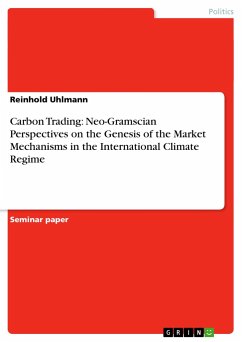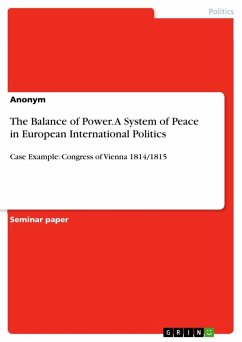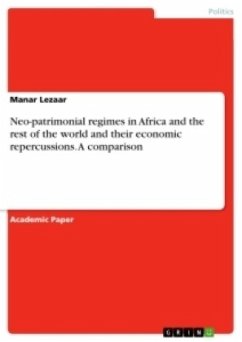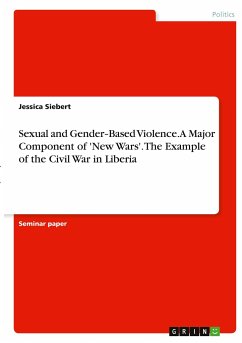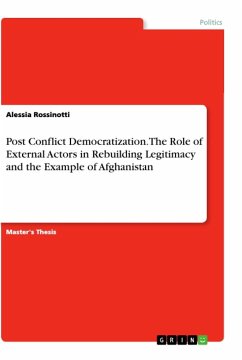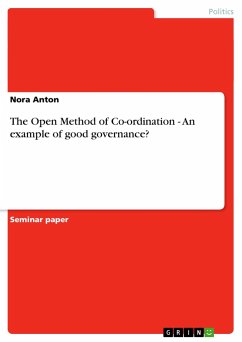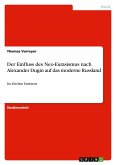Bachelor Thesis from the year 2016 in the subject Politics - General and Theories of International Politics, grade: 1,7, University of Passau, language: English, abstract: Giving credence to Muhammad Yunus, microcredits can be the panacea to "'put poverty to the museum'". (Haryanti 2010: 2) The native Bangladeshi and founder of Grameen bank, the biggest microfinance institute (MFI) in the world, is regarded by the advocates of microcredits as the symbol for their success. In 2006 he won the Nobel Peace Prize for "[...] pioneering efforts to provide financial services to the poorest of the poor." (Kota, June 2006)Honouring the father of microfinance has even increased the promising reporting by the media on mostly individual success stories. The apparently positive and widely cited effects of microcredits are job creation and raising incomes in the poorest communities, helping to empower especially women, and generally setting off a "bottom up" social and economic development process. However, critical voices fault that the adoption of the microfinance approach by many NGOs led to a shift away from their original social mission, sacrificing it to commercialization.By the example of Bangladesh, the "centre of microfinance", this paper aims to provide a Neo-Gramscian critique of microcredits as an instrument of development aid. Being a Marxist-oriented theory, Neo-Gramscianism would highly oppose the popular statement that microcredits can be an appropriate means to sustainably empowering the poor. The central argument of this critique will therefore be that providing the poor with microcredits and making them bankable nurtures asymmetrical power relations and neoliberalism which finally empowers the Western-dominated capitalist system, not the poor.
Hinweis: Dieser Artikel kann nur an eine deutsche Lieferadresse ausgeliefert werden.
Hinweis: Dieser Artikel kann nur an eine deutsche Lieferadresse ausgeliefert werden.

